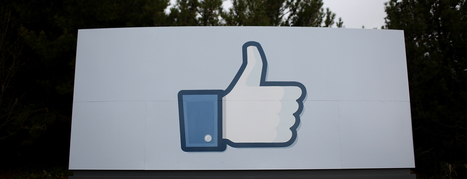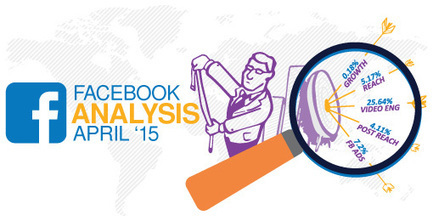Overall, our results showed that, while real-world social networks were positively associated with overall well-being, the use of Facebook was negatively associated with overall well-being. These results were particularly strong for mental health; most measures of Facebook use in one year predicted a decrease in mental health in a later year. We found consistently that both liking others’ content and clicking links significantly predicted a subsequent reduction in self-reported physical health, mental health, and life satisfaction.
Our models included measures of real-world networks and adjusted for baseline Facebook use. When we accounted for a person’s level of initial well-being, initial real-world networks, and initial level of Facebook use, increased use of Facebook was still associated with a likelihood of diminished future well-being. This provides some evidence that the association between Facebook use and compromised well-being is a dynamic process.
Although we can show that Facebook use seems to lead to diminished well-being, we cannot definitively say how that occurs. We did not see much difference between the three types of activity we measured — liking, posting, and clicking links, (although liking and clicking were more consistently significant) — and the impact on the user. This was interesting, because while we expected that “liking” other people’s content would be more likely to lead to negative self-comparisons and thus decreases in well-being, updating one’s own status and clicking links seemed to have a similar effect (although the nature of status updates can ostensibly be the result of social comparison-tailoring your own Facebook image based on how others will perceive it). Overall our results suggests that well-being declines are also matter of quantity of use rather than only quality of use. If this is the case, our results contrast with previous research arguing that the quantity of social media interaction is irrelevant, and that only the quality of those interactions matter....



 Your new post is loading...
Your new post is loading...












Online social interactions are no substitute for the real thing.